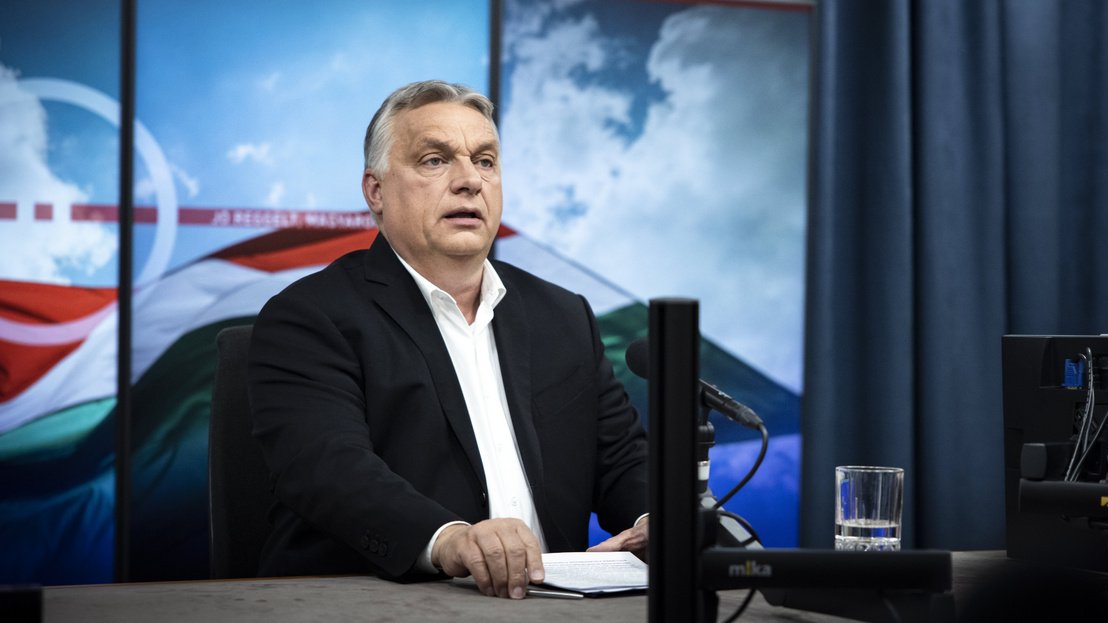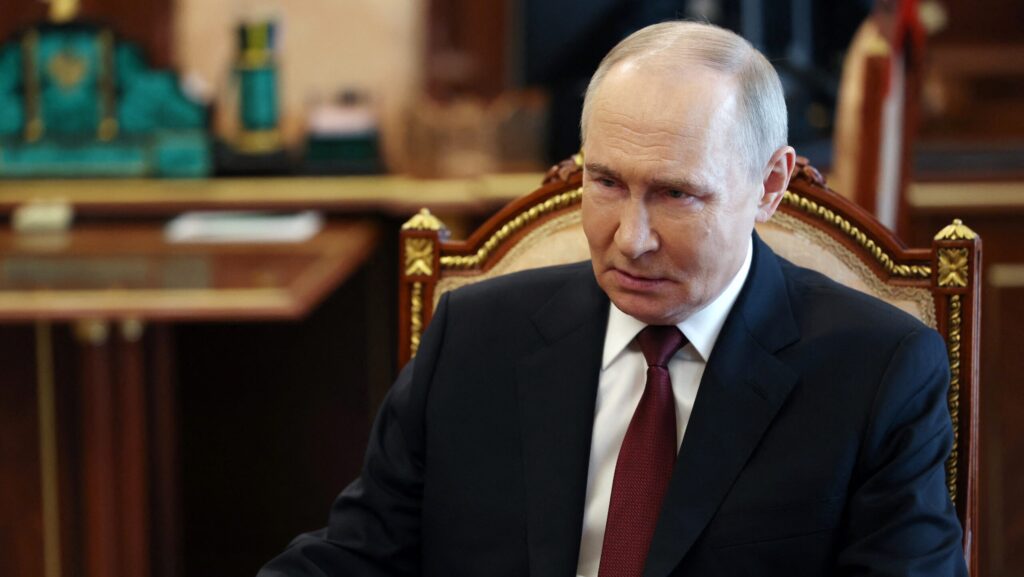Hungarian Prime Minister Viktor Orbán shared extensive insights into Hungary’s foreign and economic policy priorities during his regular Friday morning interview on Kossuth Radio. His remarks touched on a wide range of issues, including the war in Ukraine, economic resilience, migration, and Hungary’s approach to EU dynamics.
Discussing the ongoing conflict in Ukraine on public radio, Orbán highlighted that ‘without America, this war wouldn’t exist.’ He underscored the critical role of US support in sustaining Ukraine’s resistance: ‘American support is essential; without it, Ukraine could not mount effective resistance.’ The prime minister contrasted former President Donald Trump’s peace-focused approach with what he described as the Biden administration’s escalation strategy. Orbán reminded that State Secretary Blinken wants to ‘send even more lives to the front’ by encouraging Ukraine to lower its conscription age. He reiterated his call for a shift toward peace, asserting that the first step must be a ceasefire. ‘After that, Europe’s security framework will require a lengthy, complex renegotiation process,’ he added.
‘Orbán reminded that State Secretary Blinken wants to “send even more lives to the front”’
Turning to economic matters, Orbán drew a sharp comparison between Hungary’s economic vitality and Germany’s industrial struggles. ‘Factories are closing at an alarming rate in Germany, but in Hungary, they are expanding,’ he said, citing the new BMW plant in Debrecen as a testament to Hungary’s favourable investment climate. He credited this success to the government’s proactive policies: ‘We are creating a competitive environment to ensure Hungarian factories thrive, not shutter.’
A key element of Hungary’s strategy is the newly launched Sándor Demján Programme, an initiative aimed at supporting small and medium-sized enterprises. Describing it as ‘unprecedented in scale,’ Orbán likened it to the earlier Széchenyi Plan but highlighted its broader scope. ‘This initiative will strengthen Hungary’s economic foundation by supporting key enterprises,’ he explained.
On migration, Orbán reaffirmed his opposition to Brussels’ policies, which he described as an infringement on national sovereignty. Reflecting on his discussions with Italian Prime Minister Giorgia Meloni, he noted: ‘Hungary and Italy are on the same page—we reject all forms of migration.’ He also criticized the European Parliament’s coalition for what he called persistent opposition to Hungary on issues ranging from migration to economic policy and the war.
Orbán expressed optimism about the growing influence of the Patriots for Europe (PfE) right-wing EP group, which recently convened in Budapest. ‘When combined with European conservatives, they are already the second-largest group in the EP. Within a foreseeable time, they could become the largest,’ he said. This shift, he argued, signifies widespread disillusionment with Brussels’ policies and a potential recalibration of EU priorities toward greater national sovereignty.
❗️@PM_ViktorOrban on Kossuth Radio: We founded the @PatriotsEP group because the three left-wing parties, the @EPPGroup, the Liberals, and the @TheProgressives, created a coalition government in Brussels.
— Zoltan Kovacs (@zoltanspox) December 6, 2024
❌ We are the opposition to that. We are the opposition to Brussels. pic.twitter.com/ov7jp9QXJj
Orbán also reflected on his recent meeting with Pope Francis, highlighting the Vatican’s focus on global issues of war and peace. ‘The Vatican is the right place to seek reassurance on such matters,’ he remarked, expressing gratitude for the Catholic Church’s support for Hungary.
Finally, addressing Hungary’s economic standing within the EU, the prime minister noted the €12.5 billion in funds available to Hungary until the end of 2026. He criticized Brussels for policies that have driven up energy costs and eroded competitiveness across the bloc. Despite these challenges, he struck an optimistic note: ‘This money meets our immediate needs, but we will secure what is owed to us in full.’
Related articles:








